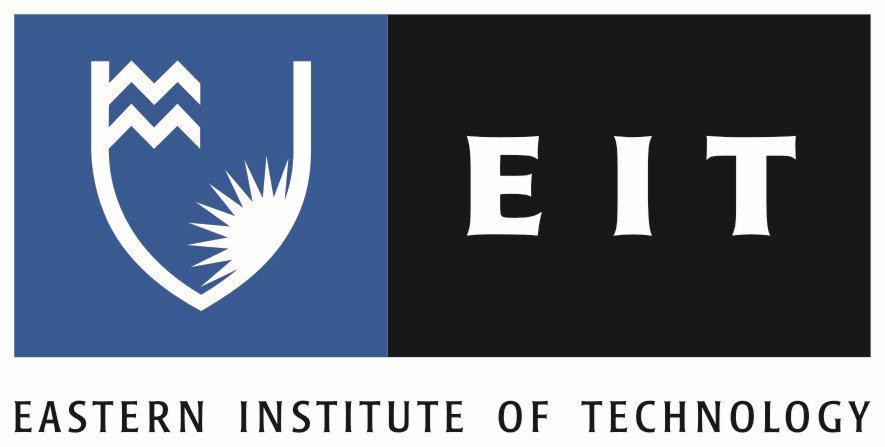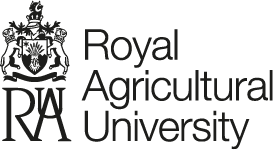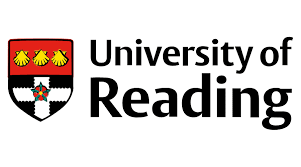Study Agriculture Abroad: Cultivating a Global Future
Embark on an enriching academic journey by choosing to study Agriculture abroad. This field is more vital than ever, addressing global challenges such as food security, climate change, and sustainable resource management. By stepping outside your home country, you gain access to diverse agricultural practices, cutting-edge research, and a truly international perspective that will distinguish you in your career.
Studying agriculture internationally offers a unique opportunity to immerse yourself in different farming systems, ecological zones, and cultural approaches to food production. You'll learn from leading experts, engage with innovative technologies, and build a global network of peers and professionals. Whether your interest lies in crop science, animal husbandry, agricultural economics, or environmental sustainability, an international education will broaden your horizons and equip you with the skills needed to make a significant impact.
Why Study Agriculture Abroad?
- Global Perspective: Understand diverse agricultural systems, from large-scale commercial farming to sustainable smallholder practices.
- Access to Innovation: Learn about the latest advancements in agricultural technology, biotechnology, and precision farming.
- Specialized Expertise: Many international universities offer highly specialized programs in areas like viticulture, aquaculture, or tropical agriculture.
- Networking Opportunities: Connect with international researchers, industry leaders, and fellow students, building a valuable global professional network.
- Practical Experience: Gain hands-on experience through internships, field trips, and research projects in varied agricultural settings.
- Career Advancement: Graduates with international experience are highly sought after by global agribusinesses, research institutions, and development organizations.
Popular Study Destinations for Agriculture
Several countries are renowned for their excellence in agricultural education and research. Here are some top choices:
United States
The U.S. boasts some of the world's leading agricultural universities, offering a wide range of specializations. From large-scale corn and soybean production in the Midwest to fruit farming in California and dairy in Wisconsin, you'll find diverse agricultural landscapes and research opportunities. Programs often emphasize both theoretical knowledge and practical application, with strong ties to industry.
- Key Strengths: Agricultural engineering, biotechnology, food science, agribusiness, sustainable agriculture.
- Top Universities: University of California, Davis; Cornell University; Purdue University; Texas A&M University.
United Kingdom
The UK offers a rich history of agricultural innovation and strong research in areas like animal welfare, sustainable land management, and food security. Universities often combine traditional agricultural science with modern approaches to environmental stewardship and rural development.
- Key Strengths: Animal science, crop science, rural enterprise, environmental management, agricultural economics.
- Top Universities: Royal Agricultural University; University of Reading; Harper Adams University; Scotland's Rural College (SRUC).
Australia
Known for its unique ecosystems and large-scale farming, Australia provides excellent opportunities to study topics like dryland agriculture, viticulture, aquaculture, and livestock management in challenging environments. The country is a leader in agricultural research and innovation, particularly in adapting to climate change.
- Key Strengths: Sustainable agriculture, viticulture, aquaculture, animal production, natural resource management.
- Top Universities: The University of Queensland; The University of Melbourne; The University of Western Australia.
Canada
Canada's vast agricultural lands and strong research infrastructure make it an attractive destination. You can explore areas such as crop science, animal genetics, food processing, and agricultural policy, often with a focus on cold-climate agriculture and sustainability.
- Key Strengths: Crop science, animal science, agricultural economics, food science, environmental agriculture.
- Top Universities: University of Guelph; University of Saskatchewan; McGill University; University of Alberta.
Netherlands
Despite its small size, the Netherlands is a global leader in agricultural innovation, particularly in greenhouse horticulture, precision agriculture, and food technology. Dutch universities are highly ranked and offer a very international learning environment.
- Key Strengths: Horticulture, animal sciences, food technology, agricultural engineering, water management.
- Top Universities: Wageningen University & Research.
Common Specializations in Agriculture
The field of agriculture is incredibly diverse, offering numerous pathways for specialization:
- Agronomy and Crop Science: Focus on crop production, plant breeding, soil science, pest management, and sustainable farming practices.
- Animal Science: Study animal genetics, nutrition, welfare, reproduction, and livestock management for various species.
- Agricultural Engineering: Combine engineering principles with agricultural challenges, designing machinery, irrigation systems, and sustainable infrastructure.
- Food Science and Technology: Explore food processing, safety, preservation, quality control, and the development of new food products.
- Agricultural Economics and Agribusiness: Understand the economic aspects of agriculture, including market analysis, policy, finance, and supply chain management.
- Horticulture: Specialize in the cultivation of fruits, vegetables, flowers, and ornamental plants, often including urban agriculture and landscape design.
- Environmental and Sustainable Agriculture: Focus on ecological farming, organic agriculture, conservation, and the environmental impact of agricultural practices.
- Forestry and Natural Resource Management: Study forest ecosystems, sustainable timber production, wildlife management, and land conservation.
Admission Requirements for Indian Students
While specific requirements vary by university and country, here's a general overview for Indian students:
| Requirement Category | Details |
|---|---|
| Academic Qualifications |
|
| English Language Proficiency |
|
| Standardized Tests (for US/Canada) |
|
| Letters of Recommendation (LORs) | Typically 2-3 LORs from academic professors who can attest to your academic abilities and potential. |
| Statement of Purpose (SOP) / Personal Statement | A compelling essay outlining your academic background, reasons for choosing the program and university, career aspirations, and how studying abroad will help you achieve your goals. |
| Resume / CV | Highlighting your academic achievements, internships, research experience, volunteer work, and any relevant skills. |
| Financial Proof | Evidence of sufficient funds to cover tuition fees, living expenses, and health insurance for at least the first year of study. |
| Visa Requirements | A valid passport and a student visa for the respective country. This typically requires an acceptance letter from a recognized educational institution. |
Career Opportunities After Studying Agriculture Abroad
Graduating with an international agriculture degree opens doors to a multitude of exciting career paths, both in India and globally. Your global perspective and specialized skills will be highly valued by employers.
Potential career roles include:
- Agricultural Scientist/Researcher
- Agronomist/Crop Consultant
- Farm Manager/Operations Manager
- Animal Nutritionist/Geneticist
- Food Technologist/Food Safety Specialist
- Agribusiness Analyst/Manager
- Environmental Consultant
- Horticulturalist/Viticulturalist
- Agricultural Policy Advisor
- Rural Development Officer
- Agricultural Engineer
- Supply Chain Manager (Agri-food sector)
- Quality Assurance Manager
- Extension Officer
Many graduates find employment with:
- Multinational agribusiness corporations
- Government agricultural departments
- International development organizations (e.g., FAO, World Bank)
- Research institutions and universities
- Food processing companies
- Environmental and conservation agencies
- Consulting firms
- Entrepreneurial ventures in agriculture
Funding Your Agricultural Education Abroad
Studying abroad can be a significant investment, but various funding options are available to help Indian students:
- University Scholarships: Many international universities offer scholarships specifically for international students, based on academic merit or financial need.
- Government Scholarships: Some governments (e.g., Commonwealth Scholarships for the UK, Endeavour Scholarships for Australia) offer scholarships to students from specific countries.
- Indian Government Schemes: Look for schemes like the National Overseas Scholarship for SC/ST/OBC students.
- Education Loans: Major banks in India offer education loans for studying abroad, often with competitive interest rates.
- Private Scholarships: Various foundations and organizations offer scholarships for students pursuing specific fields like agriculture.
- Assistantships and Fellowships: For postgraduate students, research assistantships (RA) or teaching assistantships (TA) can provide tuition waivers and a stipend.
Begin your search for scholarships and funding early, as deadlines often precede application deadlines.
Prepare for Your Journey
Studying agriculture abroad is more than just academic learning; it's a transformative life experience. You will adapt to a new culture, learn new languages (or new dialects of English), and develop invaluable life skills such as independence, problem-solving, and cross-cultural communication. Prepare yourself for an exciting challenge that will shape your future.
We encourage you to explore the diverse programs available and take the first step towards cultivating a truly global career in agriculture. The world of agriculture awaits your contribution!














